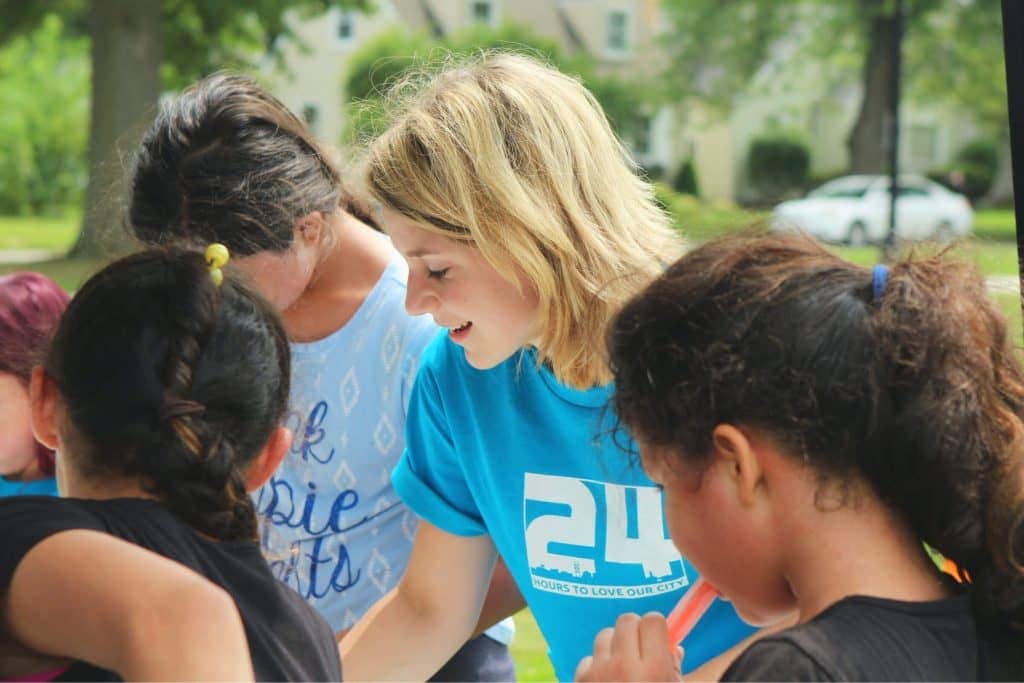Why Community Service Is So Important for College Admissions
At this point, you have probably heard teachers, counselors, and your parents urging you to do community service to boost your college applications. Community service has become such a common component of college applications that it can feel as obligatory as the SATs. While this is true to a certain extent, you might be wondering why it’s so important to admissions officers. Understanding these reasons can help you understand why your service matters and make it more impactful for you and your community.
First off, what exactly is community service?
Simply put, it’s unpaid work that focuses on helping improve your community. There are many forms of work that fall under community service such as donating clothes and goods, helping senior citizens, and participating in environmental cleanups. Participating in these kinds of activities not only help others but can help you build your leadership and problem-solving skills.
What do admissions officers think of community service?
With the limited amount of space available on your resume and college essays, community service can help describe a handful of qualities about the applicant. For example, it can help showcase how active you will be in activities outside of the classroom and what values you may share with the institution. In other words, schools can paint a better picture of who you are based on a few sentences of your community service experiences! In fact, 53% of admissions officers agreed that community service experience can be the tie-breaker between students with similar backgrounds.
How do I get involved in community service?

There are plenty of opportunities available for you to choose from! Make sure to pick an activity that you’re passionate about. Start off by thinking about hobbies or interests that you’re passionate about. If you love working with technology, you might consider talking on the phone with the elderly and guiding them on how to use the latest gadgets. For those that are active in sports, you can contact youth sports teams to assist their practices. Love animals? Reach out to your local animal shelters. You can also explore opportunities that are relevant to your degree. This is a wonderful opportunity to blend your professional goals with your passion for the community.
One important piece of advice is to choose something you will enjoy doing. It’s not about how many different projects you have under your belt or if it’s under a well-known organization. It’s about your passion and effort. How have you impacted your community for the better? How has it helped you grow as a person? These are the factors that admissions officers look at.
How much time should I commit?
I recommend choosing opportunities that you can dedicate a long period of time to. More specifically, you should try to complete between 50 to 200 hours of total community service. The longer you participate in a project, the more detailed your dedication and results can show. Although it may seem like a lot of time, if you choose something you love to do, it won’t feel like a hassle at all. A community service supervisor also makes a great person to ask for a letter of recommendation!
How do I share my experiences with admissions officers?

One great way to detail your community service is by putting your experiences in your resume. It’s a great way to fill up the page, especially if you do not have any other experiences to list. It can also be a great response for essay prompts or personal statements. If you choose to do the second route, try to find a unique way to approach your essays. Rather than detailing your tasks and responsibilities, really hone in on what that experience meant to you.
While community service is a great way to impress admissions officers, it also provides opportunities for you to dive into activities that you love to do. In fact, it may even help you get a clearer understanding of what career you might want to pursue! Make the most of the spare time you have to make an impact in your community and get started on a project.




